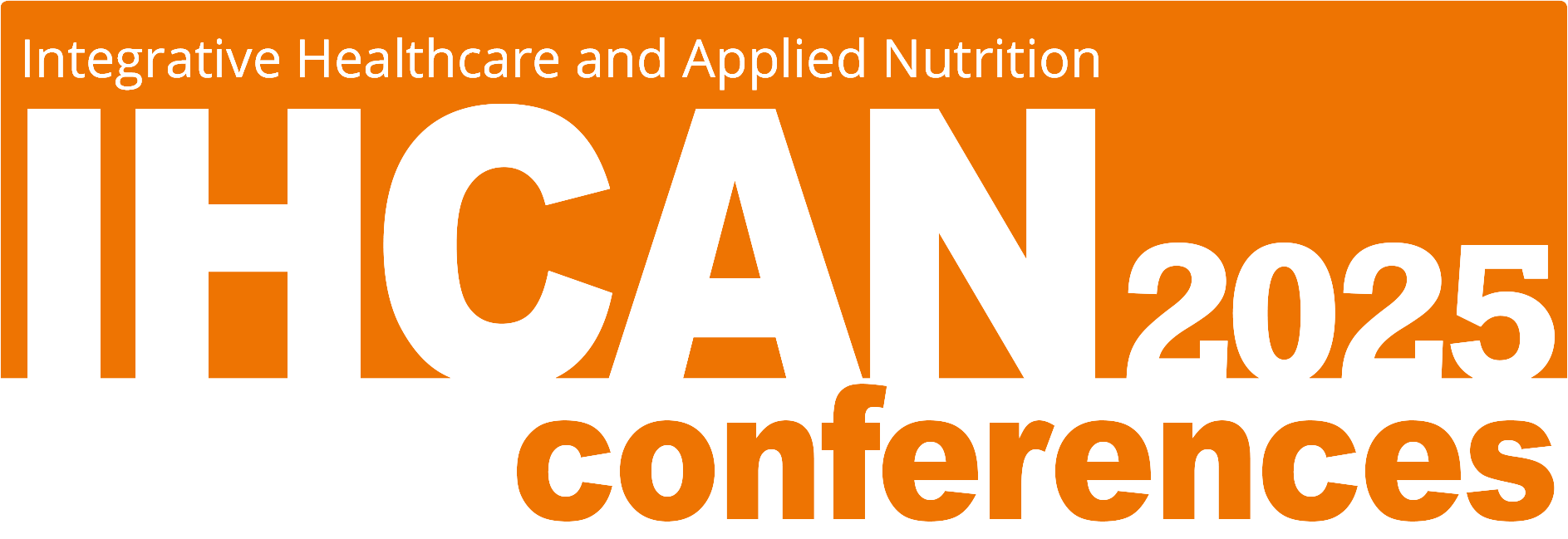'The Gut-Brain Axis – a neuropsychiatric perspective on probiotics‘ sponsored by Protexin
30 October 2018
To download a PDF of the presentation, click here.
Questions and Answers
I have a new client who suffers from General anxiety, OCD, chronic constipation. Which strain would you recommend?
At present there is not the granularity of evidence available to fully answer this. The field of psychobiotics is very much in its infancy and as such the exact mechanism of action of individual strains is yet to be fully understood. Until this is determined it is hard to say which species would be appropriate for specific psychiatric diagnoses. Having said that, Bifidobacterium longum has been shown to have anxiolytic properties in both pre-clinical and clinical trials (https://www.ncbi.nlm.nih.gov/pmc/articles/PMC5314114/). As for constipation, numerous studies exist to show the benefits of multi-strain probiotics in constipation.
How do you know which probiotics to use? Single strain or multi-strain? Which ones?
The honest answer to this question is “it depends”. It depends on the diagnosis and underlying pathology and it depends on the patient. Historically there has been a lack of consensus on this matter but as more mechanistic data becomes available it will hopefully become easier and more objective to give answers to questions like this.
What sort of dose of probiotics is advised for anxiety and depression?
Currently there is not enough evidence to recommend specific doses for anxiety and depression. The doses used in trials so far tend to mimic the doses recommended for gastrointestinal diagnoses.
What is your opinion/the evidence re the benefits of probiotics in patients with depression/PTSD following severe sepsis and prolonged or strong antibiotic treatment?
To the best of my knowledge there are no studies currently published looking at this sub-set of depression/PTSD patients. In fact, there are no published interventional studies looking at probiotics and PTSD. This article (https://www.ncbi.nlm.nih.gov/pmc/articles/PMC5859128/) in Frontiers in Psychiatry implicates the vagus nerve in the aetiology of PTSD and postulates a link with the HPA axis, the microbiome and PTSD. As such there is the potential for probiotics to be beneficial but there is no data on this at present.
What evidence is there regarding the use of probiotics in combination with pharmacological approach? What interactions should we be aware of?
Most of the current clinical trials looking at psychobiotics have been conducted in healthy individuals and as such these individuals will not have been taking psychotropic medication. It is not possible to detail all theoretical interactions here, but generally speaking probiotics are considered extremely safe and are well tolerated. However anyone taking psychotropic medication should discuss with their doctor before starting a probiotic – as some probiotic formulations have other ingredients added to the live microorganisms and these can interact with prescribed medication.
For Depression patients and Migraineurs how long do you recommend a probiotic protocol to last?
Currently most of the trials looking at depression and those looking at migraine have included a relatively brief probiotic intervention (generally between 3 – 8 weeks). Positive results have been reported in multiple studies with these durations. What is not currently understood is how these effects will persist or change if and when the probiotic is stopped.
Is there a difference in what probiotics are better for patients who are prone to diarrhoea and other strains better for those prone to constipation? Or just take Bio-Kult – as the 14 strains covers all angles??
It very much depends on the underlying cause of the diarrhoea or constipation. If it is due to a dysbiosis then a multistrain probiotic like Bio-Kult Advanced will likely be helpful. If there is a different underlying pathology then it is unlikely that a probiotic will help. Change in bowel habit should always be investigated by a doctor to rule out any significant pathology.
Does it matter what time of day the probiotic is taken at? Some take at night-time when the GI system has a rest??
There are probably a hundred different answers to this question depending who you ask. I would always advise taking probiotics with food and water to act as a buffer against the low pH in the stomach. I am unaware of any specific evidence around the best time of day to take probiotics.
What is the difference between taking probiotics as supplements and directly in fermented foods (kefir, kimchi, etc) ?
When you take a high quality probiotic supplement you can be sure of exactly which species of probiotic you are consuming and at which concentrations. Eating fermented foods has been shown to confer many health benefits, but it is not possible to know exactly which probiotic species you are consuming nor the concentration.
To access the references from this webinar, click here.
